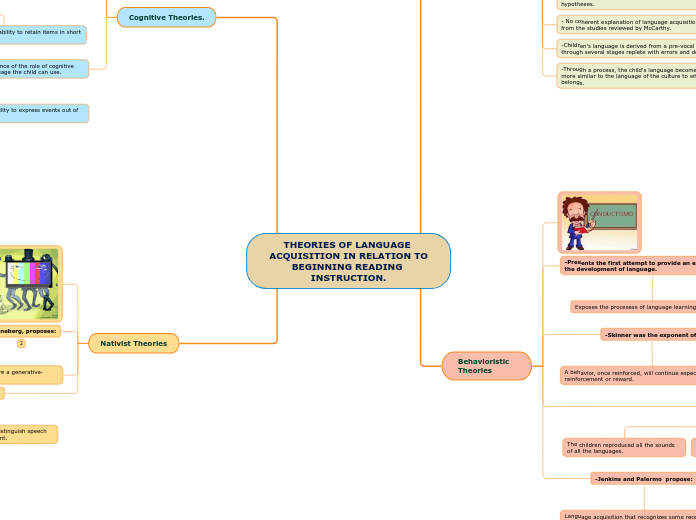av Dayana Gavilima 5 år siden
1041
SUBJECT AND OBJECT
In grammar, the terms 'subject' and 'object' are essential to constructing sentences. The subject refers to the pronoun, noun, or noun phrase that performs the action of the verb, typically placed before the verb in English sentences.









